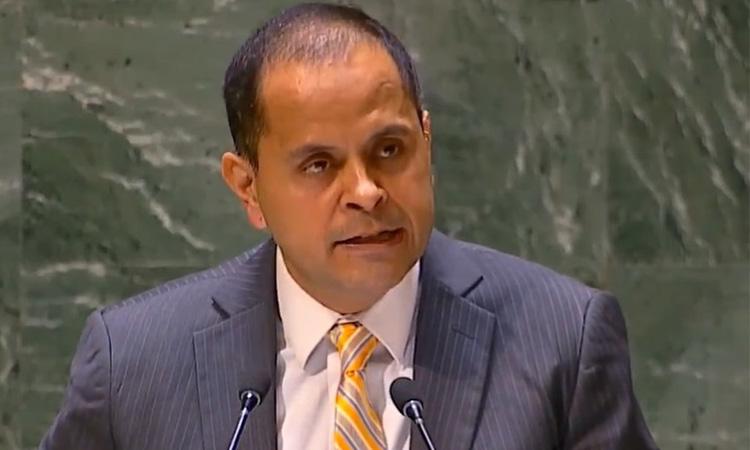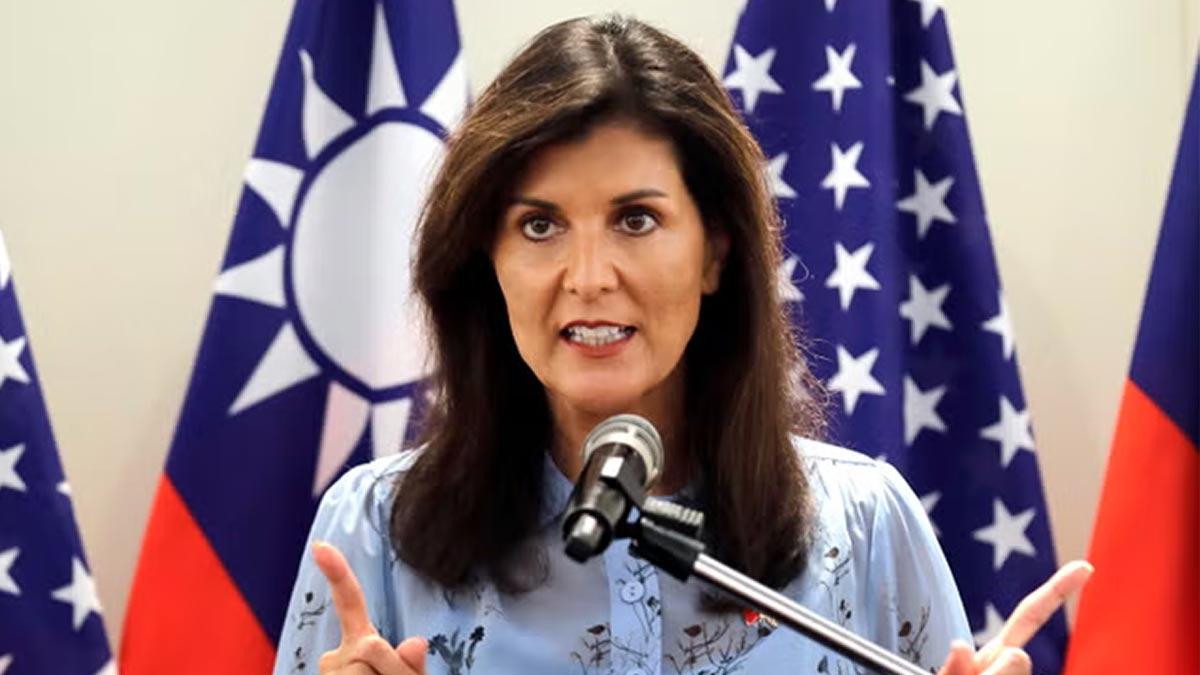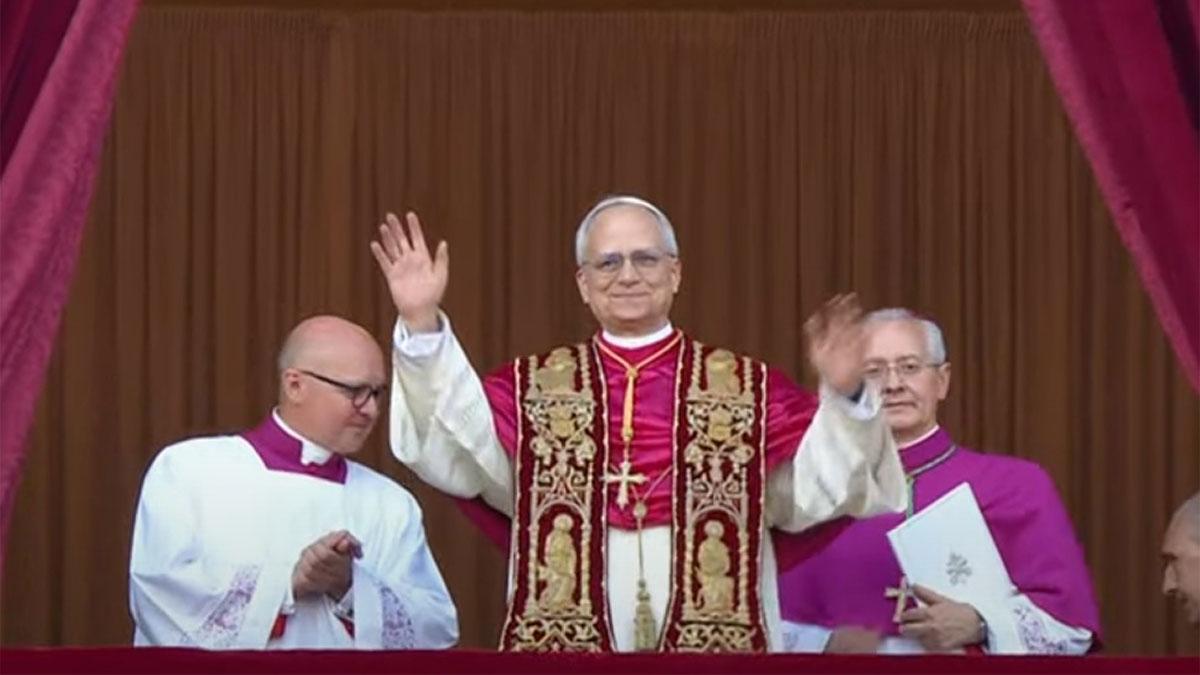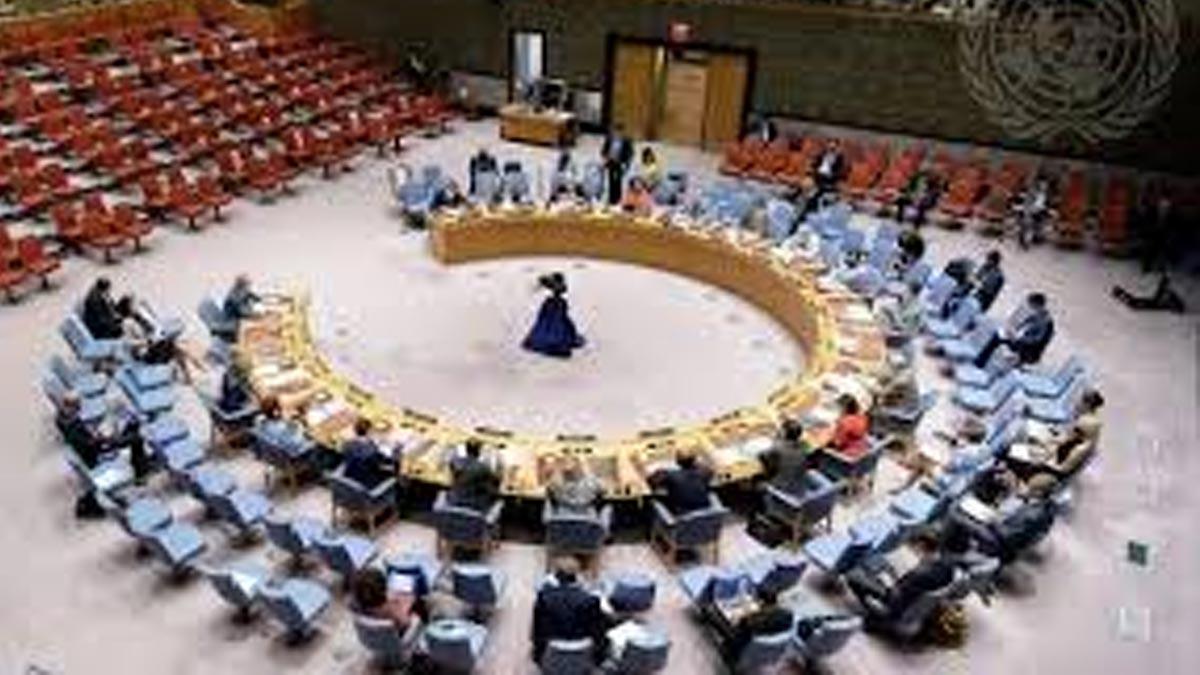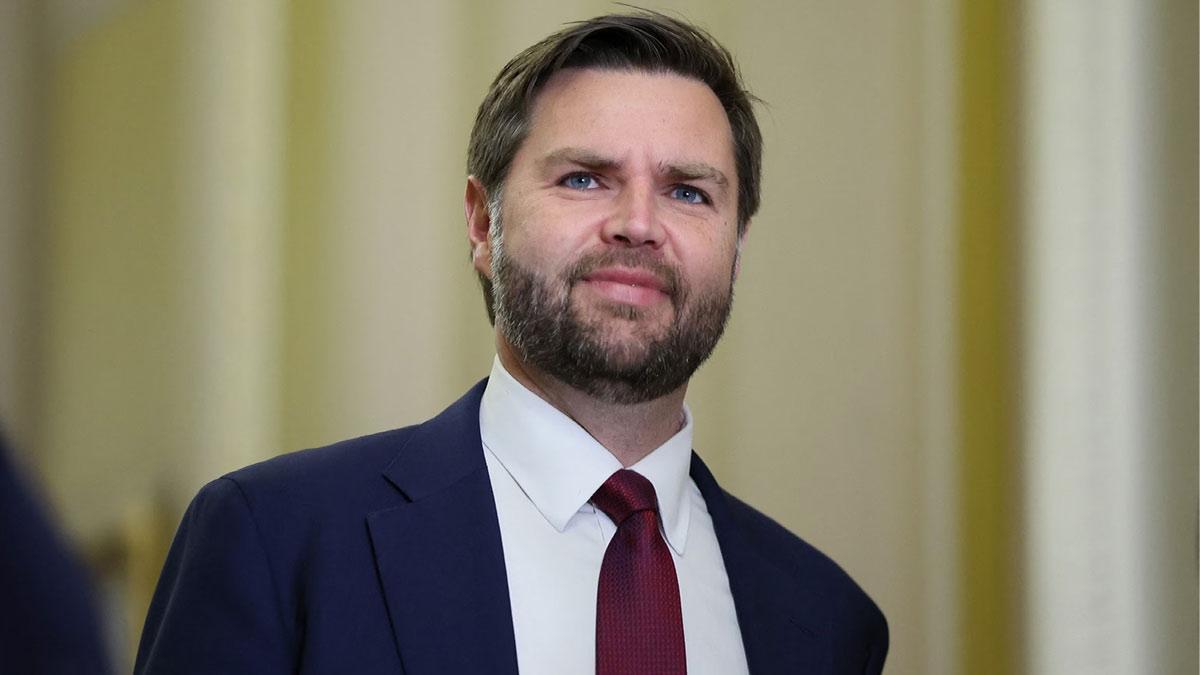In the face of the "crumbling" Security Council grappling with the complexities of 21st-century geopolitics, India has said that the time has come to silence the "naysayers" obstructing its reform. At a meeting focusing on revitalizing the General Assembly, Pratik Mathur, a counselor at India's Mission, on Tuesday emphasized the need for the 14-year-old negotiations to yield tangible results within a specific timeframe.
Mathur emphasized that those opposing the reform should not be allowed to indefinitely impede the intergovernmental negotiations (IGN) process. He called for a shift to a text-based approach for the reform negotiations, advocating against procedural maneuvers hindering progress.
“Naysayers cannot be allowed to hold the intergovernmental negotiations (IGN) process hostage in perpetuity,” he said referring to the machinery set up by the Assembly for Council reform.
The IGN's progress has been hindered by the Uniting for Consensus, a 12-member group led by Italy with Pakistan playing a prominent role. This group has employed procedural tactics to prevent the adoption of a negotiating text, resisting the majority's call to expand the Council's permanent membership.
Addressing the outdated Council structure, Mathur acknowledged the widespread recognition of its anachronistic and ineffective nature. He decried the exclusion of Africa and Latin America from permanent membership, describing it as deeply unfair, denying entire continents a voice in shaping their future.
Calling for a comprehensive reform process, Mathur advocated for the expansion of both permanent and non-permanent seats in the Security Council. He highlighted the Council's entrenched post-World War II architecture, where the victors assumed permanent membership and veto powers, leaving most of the world under the colonial yoke.
“We need an all-encompassing comprehensive reform process, which includes expansion of categories, both permanent as well as non-permanent seats in the Security Council”, he said.
Mathur urged a reevaluation of the Council's veto power and its relationship with the Assembly in the context of the prevailing global scenario. He pointed out the Council's ineffectiveness in major contemporary conflicts like Ukraine and Gaza, where veto powers of permanent members hindered even the call for a ceasefire.
Despite the Council's shortcomings, Mathur noted a shifting dynamic favoring the General Assembly. He highlighted the increasing influence of the Global South's voice in the Assembly, contrasting with the Security Council's limitations.
While lacking enforcement powers, the Assembly has taken steps to hold permanent Council members morally accountable for their exercise of veto powers. Whenever a permanent member vetoes resolutions, it now must justify its actions before the Assembly, facing criticism from other UN members. The Assembly has also passed resolutions echoing the sentiments of vetoed Council resolutions, underscoring the need for meaningful reform to address the evolving global landscape.
Also Read | UNSC fails once again to reach consensus on how to end Gaza war
Also Read | Gaza Humanitarian Crisis Underscores UNSC Shortcomings, Says Saudi Crown Prince

